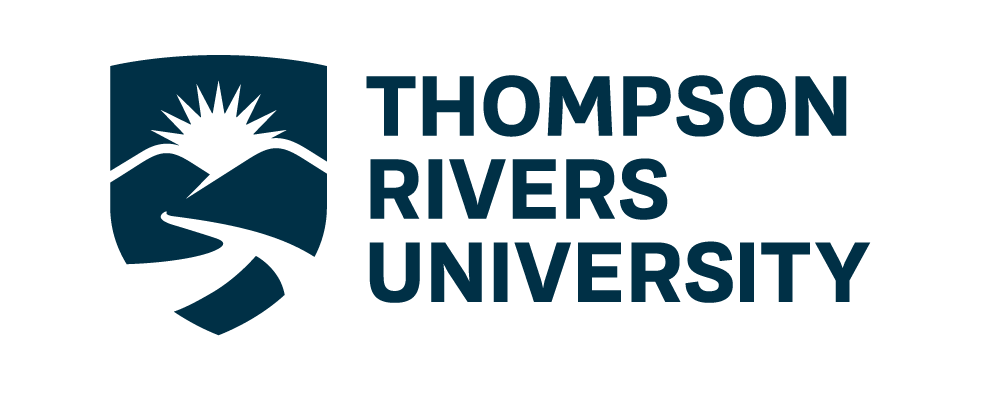Combine your interests, skills, and aptitudes to make a more sustainable world!
” Students get credit for taking on (with a lot of support) a sustainability-related project on campus while they learn theoretical approaches to implementing sustainability strategies. The idea is to build experience and confidence. This is a great way to get job related-skills and earn points towards TRU’s Leadership in Environmental Sustainability Certificate.”
Crystal Huscroft, Course Co-Instructor,
GEOG 3990 Course Description
In this course students will gain the theory, skills, and experience in taking strategic action to advance environmental sustainability within the context of the university campus as a real-world example of an organization and community. Students will be equipped with critical theory related to the implementation of sustainability strategies and then work to address a sustainability challenge of personal interest. In doing so, students will be supported in creating and carrying out strategic planning, project research, building relationships with stakeholders, and project management strategies. Students build practical experience in advancing sustainability in an equitable manner at an institutional and organizational level.
When: Fall 2023, M & F 1-2:15
Prerequisite: 30 credits any level.
To Register – CRN: 10888
More about the project:
Opportunities exist for students in any program. We will first look at our own campus and a few other institutions (like UVic and McGill) as case studies to explore ideas. Then, we will help students do personal inventories of how their interests and skills could lead to a project they would really enjoy and be proud of. Maybe students will choose a project related to waste reduction, art, movie screenings, food security, transportation, cycling, energy systems, supporting or starting a new student club, or planting Indigenous plants. The possible areas students may want to focus on are totally wide open and success will be gauged by looking primarily at process and learning accomplished through reflection, not outcome.

